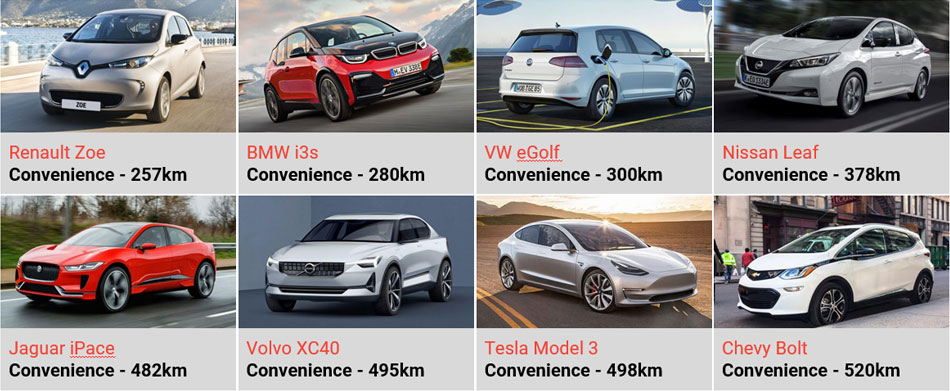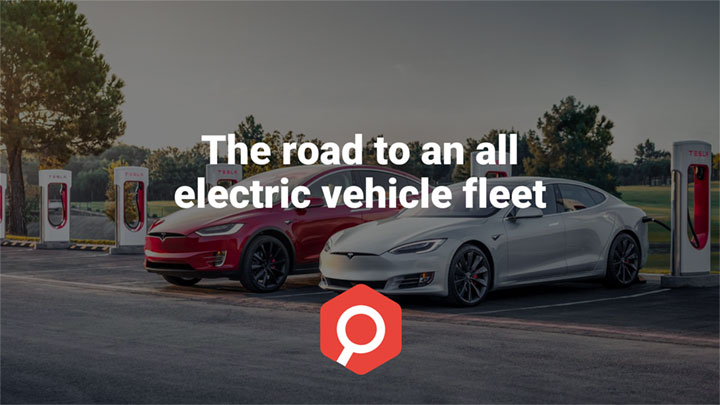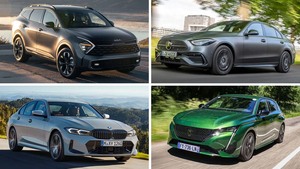The barriers to fleet electrification are falling away
The topic of mobility changes as a result of global urbanisation is compelling. By 2050 it is estimated that an additional 2.5 billion people will live in cities and suburbs that will have to undergo significant transformations to create sustainable living conditions for their residents. Fleet electrification is high on the agenda.
Energy and mobility are the twin pillars of these transformations, and both will require radical adaptation to meet the demographic and economic growth without increasing congestion and pollution.
The question is whether policymakers and business leaders can harness and combine them in ways that maximise their benefits for cost efficiency, economic growth and environment footprint.
The Fourth Industrial Revolution offers an unprecedented opportunity.
As electric vehicles (EV) become more affordable, some are predicting that they will constitute almost a third of new-car sales by the end of the next decade. Fleet electrification is inevitable.
Ride-sharing continues to surge, with estimates that, by 2030, it will account for more than 25% of all miles driven globally, up from 4% today. These changes are just the first hints of what is to come, as we will soon see autonomous vehicles (AV) and commercial fleets of EVs integrated as parts of everyday life.
In the future, AVs will also cost significantly less per mile than vehicles with internal combustion engines for personal use – by as much as 40% – and could also reduce congestion and traffic incidents.
At the same time, energy is changing.
We are in the middle of a global evolution of energy systems, which are becoming cleaner and increasingly decentralised, with energy generated, stored and distributed closer to the final customers, through the acceleration of renewables and storage technologies.
At the same time, digitalisation allows customers and electricity system operators to control where, when and how electricity is being used, with new business models emerging. Finally, new and more energy uses are going to be electrified – mobility being one of the critical ones.
Electric vehicles are great, but…
When asked, most fleet managers and drivers who have experienced electric vehicles say they are surprised as to how good they and, all things being equal, would have one. However, there is a 3 letter word that keeps cropping up in discussions:
‘but’
This needs some more investigation to understand the barriers against change. A recent study (2016) asked business users as to the reason for not switching to an EV vehicle or fleet electrification.
12 months is a long time in EV development and in particular, prices of batteries are falling, range is increasing and the network is expanding.
Suggested reading: Huge electric charging point expansion for BP announced

So it is clear that there are still concerns around EV ownership, especially for fleets, but at the time of writing, it is clear that these barriers to EV adoption are falling at a fast rate.
We have prepared a presentation that shows how fleet electrification is very achievable in today’s fleet and that the choices of affordable vehicles with extended ranges comparable to petrol vehicles are here, right now. Get in touch and we’ll arrange a webex to go through our findings and to go through the steps to electrify your fleet and indeed your strategy.
Or complete the form below.

Reduce your CO2, reduce whole life costs, improve brand image and prepare for the new expectation of your drivers.
Yes, I would like to hear more about Fleet Electrification please. A 30 minute presentation that will change your thinking.



